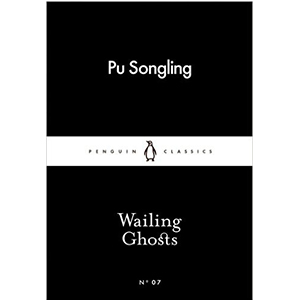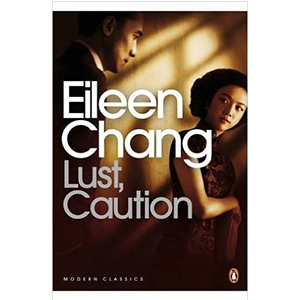Asia First: China and the Making of Modern American Conservatism
After Japanese bombs hit Pearl Harbour, the American right stood at a cross-roads. Generally isolationist, conservatives needed to forge their own foreign policy agenda if they wanted to remain politically viable. When Mao Zedong established the People’s Republic of China in 1949 – with the Cold War just underway – they now had a new object of foreign policy, and as Joyce Mao reveals in this fascinating new look at twentieth-century Pacific affairs, that change would provide vital ingredients for American conservatism as we know it today. Mao explores the deep resonance American conservatives felt with the defeat of Chiang Kai-Shek and his exile to Taiwan, which they lamented as the loss of China to communism and the corrosion of traditional values. In response, they fomented aggressive anti-communist positions that urged greater action in the Pacific, a policy known as “Asia First.” While this policy would do nothing to oust the communists from China, it was powerfully effective at home. Asia First provided American conservatives a set of ideals-American sovereignty, selective military intervention, strident anti-communism, and the promotion of a technological defence state-that would bring them into the global era with the positions that are now their hallmark.
RM85.00
Out of stock
Description
After Japanese bombs hit Pearl Harbour, the American right stood at a cross-roads. Generally isolationist, conservatives needed to forge their own foreign policy agenda if they wanted to remain politically viable. When Mao Zedong established the People’s Republic of China in 1949 – with the Cold War just underway – they now had a new object of foreign policy, and as Joyce Mao reveals in this fascinating new look at twentieth-century Pacific affairs, that change would provide vital ingredients for American conservatism as we know it today. Mao explores the deep resonance American conservatives felt with the defeat of Chiang Kai-Shek and his exile to Taiwan, which they lamented as the loss of China to communism and the corrosion of traditional values. In response, they fomented aggressive anti-communist positions that urged greater action in the Pacific, a policy known as “Asia First.” While this policy would do nothing to oust the communists from China, it was powerfully effective at home. Asia First provided American conservatives a set of ideals-American sovereignty, selective military intervention, strident anti-communism, and the promotion of a technological defence state-that would bring them into the global era with the positions that are now their hallmark.
Publisher: University of Chicago Press
Paperback
2015
ISBN: 9780226252711






